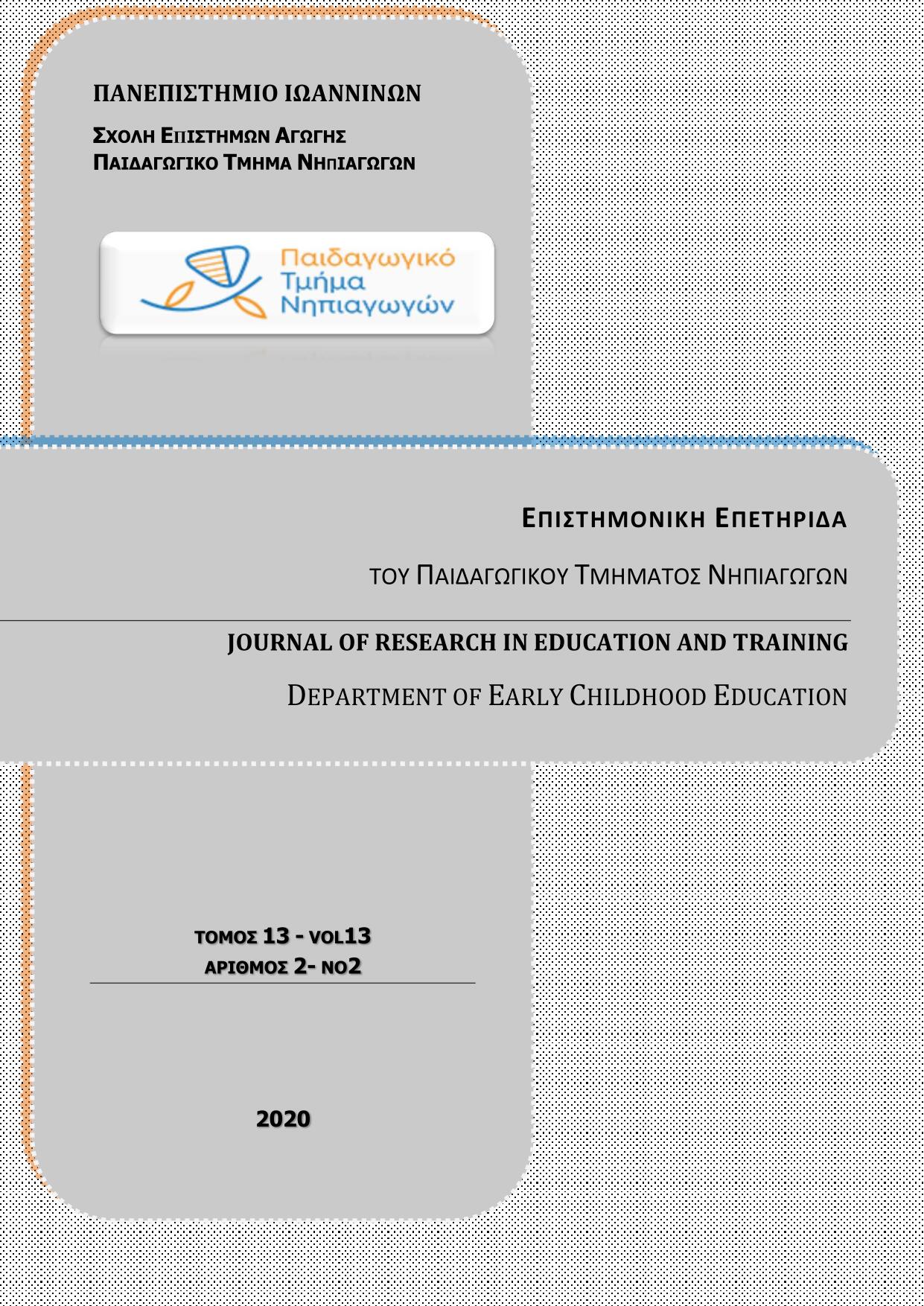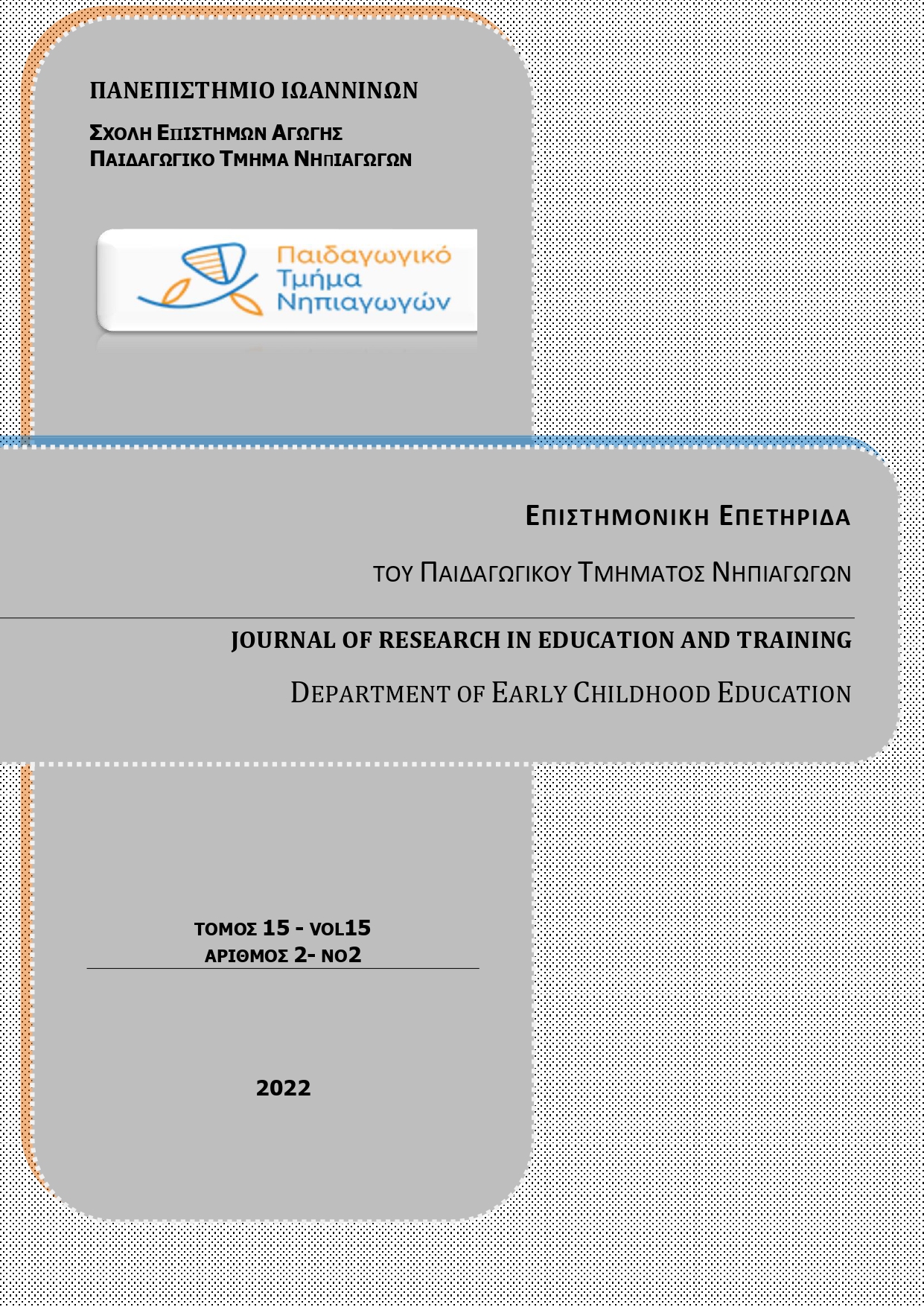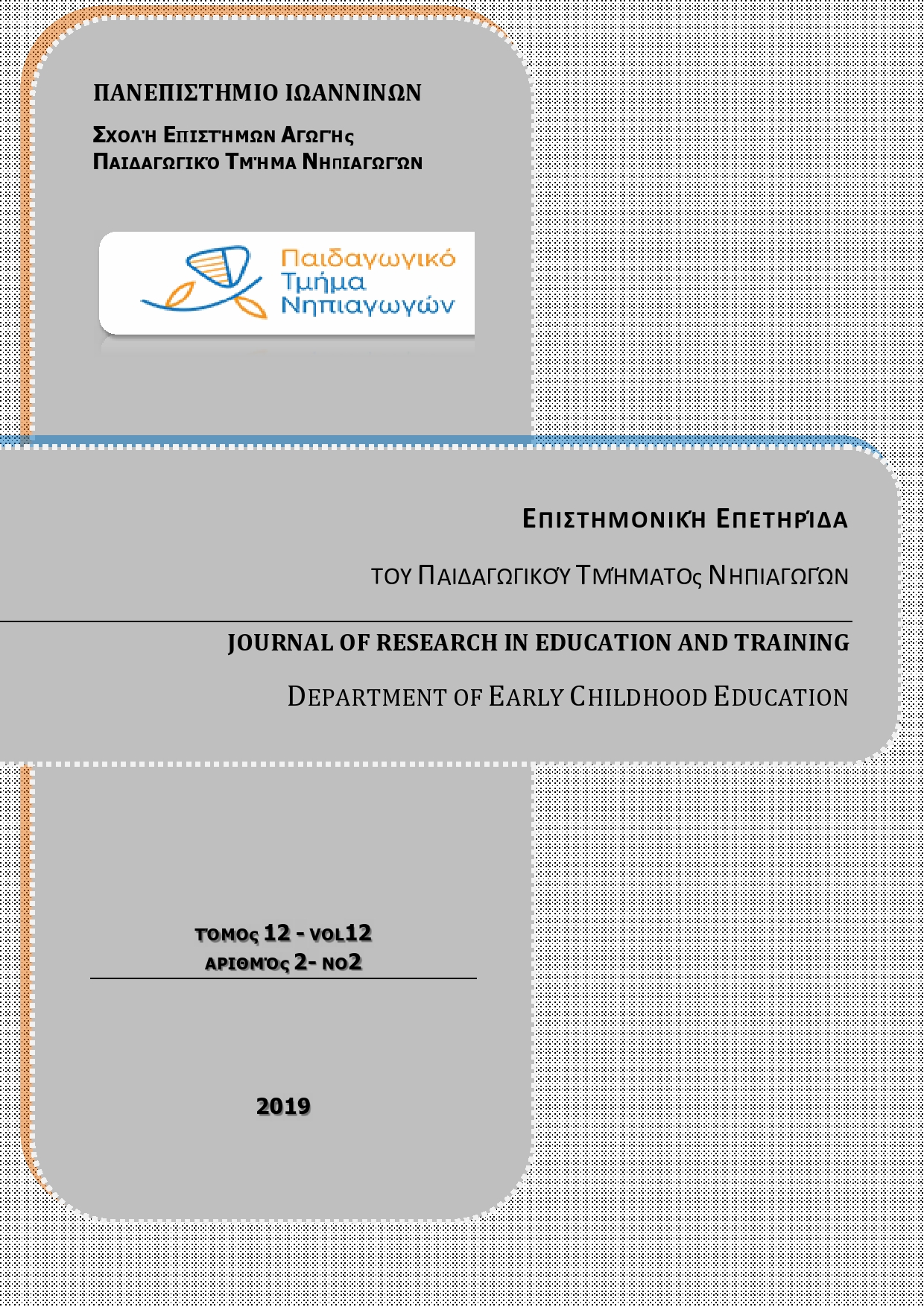Investigating text comprehension in elementary school children

Abstract
Αim of the present study is to investigate comprehension monitoring in elementary school children. In the present study a total of 80 students from 5th grade of elementary school were examined. The participants were individually examined in two phases. In the first phase, their verbal comprehension ability and working memory were evaluated with the sub-scales of Vocabulary and Digit span from the standardized WISC-III for Greek population. The reading and text comprehension ability were also evaluated by administering the Test-A. In the second phase, all the participants were examined individually in text comprehension with the use of E-Prime. Three small texts with familiar context (life and habits of three animals) were presented, which included an inconsistent information. Results have shown that children had difficulties in monitoring their level of comprehension even in tasks with familiar context. A high percentage of answers in comprehension questions that contained the contradictory information were wrong as compared to the percentage of correct answers based on the texts information. The educational implications of the results are discussed.
Article Details
- How to Cite
-
Sofologi, M., & Efstratopoulou, M. (2020). Investigating text comprehension in elementary school children. Journal of Research in Education and Training, 13(2), 52–83. https://doi.org/10.12681/jret.20292
- Issue
- Vol. 13 No. 2 (2020)
- Section
- Articles

This work is licensed under a Creative Commons Attribution-NonCommercial-ShareAlike 4.0 International License.
Authors who publish with this journal agree to the following terms:
- Authors retain copyright and grant the journal right of first publication with the work simultaneously licensed under a Creative Commons Attribution Non-Commercial License that allows others to share the work with an acknowledgement of the work's authorship and initial publication in this journal.
- Authors are able to enter into separate, additional contractual arrangements for the non-exclusive distribution of the journal's published version of the work (e.g. post it to an institutional repository or publish it in a book), with an acknowledgement of its initial publication in this journal.
- Authors are permitted and encouraged to post their work online (preferably in institutional repositories or on their website) prior to and during the submission process, as it can lead to productive exchanges, as well as earlier and greater citation of published work (See The Effect of Open Access).




